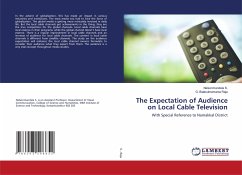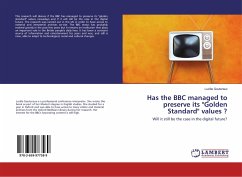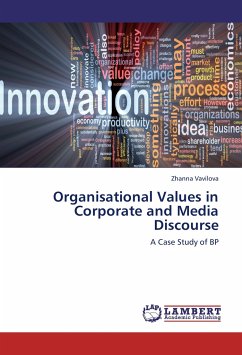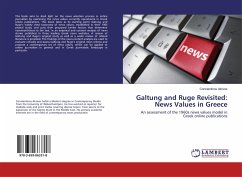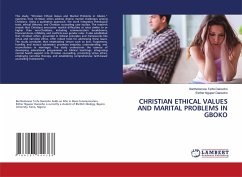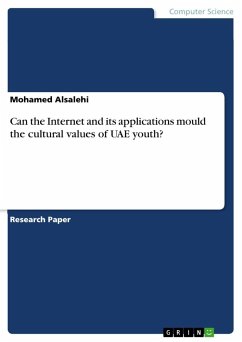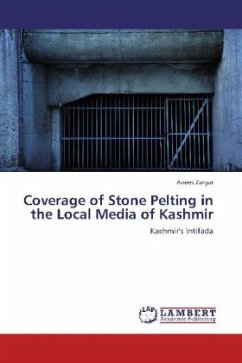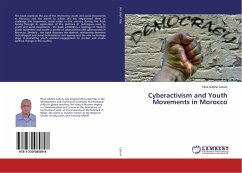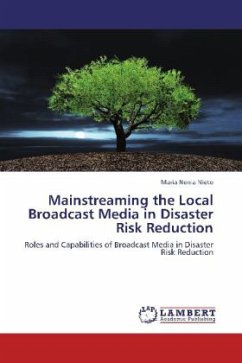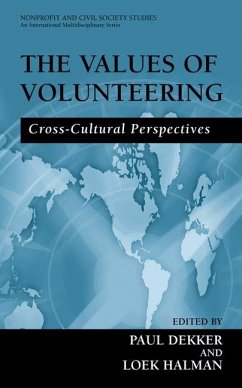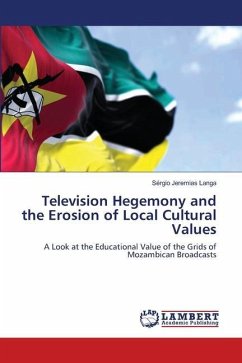
Television Hegemony and the Erosion of Local Cultural Values
A Look at the Educational Value of the Grids of Mozambican Broadcasts
Versandkostenfrei!
Versandfertig in 6-10 Tagen
29,99 €
inkl. MwSt.

PAYBACK Punkte
15 °P sammeln!
Scientific data illustrate the reality of a Mozambique dependent on canned television content, with Public Television being the only one that presents local content above 50% and the rest below 50%. This reality led us to question what educational value do national television schedules offer Mozambican viewers? Our questioning is supported by the Gramscian consideration according to which Television is one of the most important institutions of civil society that has the function of educating for the consensus of fundamental social groups. The results of the reflection indicate that the Portugu...
Scientific data illustrate the reality of a Mozambique dependent on canned television content, with Public Television being the only one that presents local content above 50% and the rest below 50%. This reality led us to question what educational value do national television schedules offer Mozambican viewers? Our questioning is supported by the Gramscian consideration according to which Television is one of the most important institutions of civil society that has the function of educating for the consensus of fundamental social groups. The results of the reflection indicate that the Portuguese colonial education imposed a rupture with the cultural and social values of the natives and this rupture persists until the present. In national television we identified a grid whose education is not geared towards the values of the local culture, nor towards the cultural memory grounded in ancestry. In the Television and Culture dichotomy, we found a cultural hegemony in the media and consumer society that tends to make Culture something homogeneous. Mozambican Television complies with the dynamics of contemporary capitalism and relegates citizenship to an unknown time.



